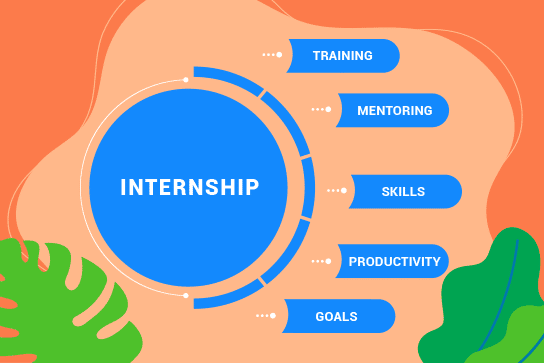Last Updated on August 20, 2025 by Ozlinks Education
What is a Migration Skills Assessment?
A Migration Skills Assessment (MSA) is essential for applying for specific skilled visas, such as subclass 189, subclass 190, subclass 491. This assessment is a mandatory criterion of the general skilled migration point test visa application process.
A migration skills assessment is a crucial requirement for applicants seeking certain employer-sponsored skilled work visas, including subclass 482, subclass 494, and the Employer Nomination Scheme subclass 186 Direct Stream Visa. This assessment is a mandatory part of the visa application process.
The purpose of the skills assessment is to identify the skills and qualifications of overseas skilled workers and evaluate them against the Australian ANZSCO skill level. The Migration Skills Assessment (MSA) is conducted by an authorised assessing authority. The result of this skills assessment determines whether you have the necessary skills and experience at the required level to work in Australia in your chosen occupation.
Skills Assessing Authority
A skills assessing authority in Australia is an organization authorized by the Department of Home Affairs to evaluate the qualifications and skills of individuals applying for skilled migration visas. These authorities verify that a migrant’s skills and experience meet the necessary standards for their chosen occupation in Australia. To find out more about skills assessing authorities, click here.
Points Test CalculatorSkill Assessment Assistance
Each assessing authority has its own skill assessment criteria, procedures, and timeframes. The criteria established by an assessing authority apply to your chosen ANZSCO occupation from the Skilled Occupation List (SOL) and will be evaluated according to relevant ANZSCO skills standards.
Ozlinks Education provides an agency service aimed at helping individual applicants navigate the skill assessment requirements. We leverage our knowledge of the criteria established by the relevant assessment authority for your chosen ANZSCO occupational. Our proficiency in document checking ensures that you fulfil all documentation requirements for the skill assessment application. This process increases the chances of a successful outcome for your application.
If you require assistance with your skills assessment application, please complete the form for a complimentary consultation.
What We Do
Additionally, we provide guidance on how to present your skills and experience in a way that aligns with the expectations of the assessing authority.
By working closely with you throughout the application process, we aim to enhance your chances of success and facilitate your journey towards achieving the outcome for your visa application purposes.
- Assist you in selecting the appropriate ANZSCO occupation that aligns with your qualifications and work experience.
- Assist you in preparing all required documents for your application.
- Assist you in preparing for the technical interview, if applicable.
- Assist you in preparing for the practical assessment, if applicable.
- Submit your application and track the progress of your application until it is completed.

Why do I need skills assessment assistance?
The assessment’s substantial impact on your application and its complexity may justify the pursuit of assistance. The process of navigating, comprehending the requirements, and compiling the necessary documentation can be quite challenging. If the process is not managed effectively, it may result in delays or even rejection of your application. Assistance may be necessary for the following reasons:
Complexity of the process:
Skills assessments involve the evaluation of your educational qualifications and work experience in comparison to the specific standards established by the Australian and New Zealand Standard Classification of Occupations (ANZSCO). This process can be complex and may require a significant amount of time.
Meet the specific requirements:
Different occupations and subclass visa types have specific requirements for skills assessments. Understanding these differences is essential for achieving a positive outcome in the skills assessment process.
Document preparation:
Gathering and preparing the appropriate personal and employment documentation, including qualifications, academic transcripts, income statements, employment references, and other pertinent documents, can be a complicated task.
Evidence of skills:
If you are applying for a trade occupation, you must demonstrate your skills to the assessing authority. This may involve providing a detailed work history, preparing video portfolios, participating in technical interviews, and, in some cases, undergoing a practical assessment under a licensed trade occupation.
Potential for delays or not meeting the requirements
If your skills assessment application is incomplete or fails to meet the required criteria, it may be rejected or delayed, which could affect the timeline of your visa application. It is crucial to thoroughly review all documentation and ensure that it aligns with the specific requirements outlined by the assessing authority.
Maximizing points for visa applications:
Taking the time to prepare a thorough application can greatly improve your chances of achieving a successful outcome and maximising your claims for points test score. A favourable skills assessment can contribute points to your visa application, especially for skilled migration visas.


